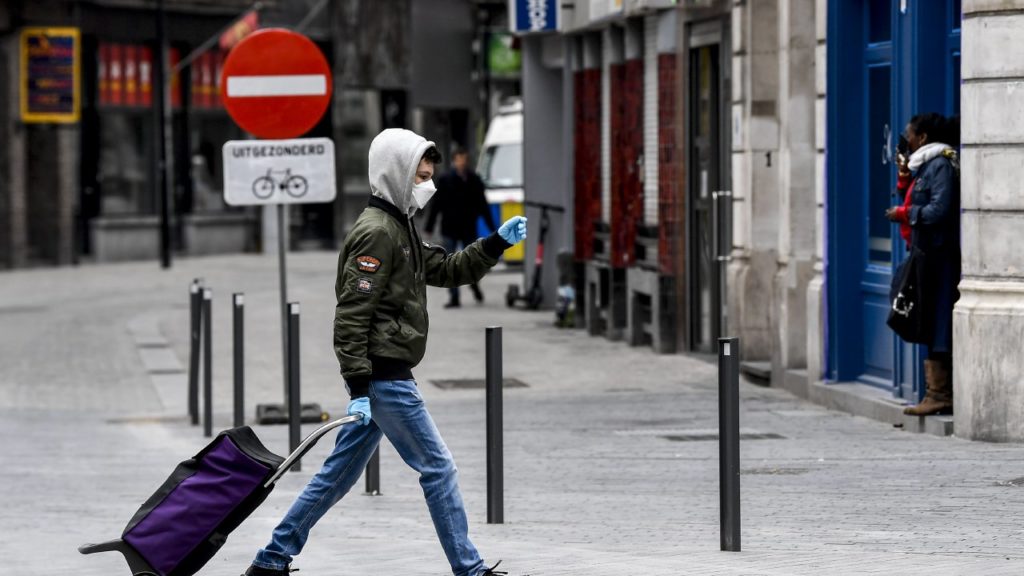The Delta variant has become dominant in Belgium, as around half of the number of new infections are attributed to the particular strain, according to biostatistician Geert Molenberghs (from UHasselt/KU Leuven).
Studies have found that the strain, previously known as the Indian variant, is more contagious than the Alpha strain (previously known as the British variant) and that both doses of the Pfizer and AstraZeneca coronavirus vaccines are needed to be effective against the Delta mutation.
"We always predicted that in the first week of July there would be 50% of infections with the Delta variant," Molenberghs told Het Laatste Nieuws.
Now there are about 200 infections with the particular strain, of which a headache, sore throat and a runny nose are the most common symptoms, and "by the end of the month, it is even possible that we will only see the Delta variant," he added.
Between 14 and 27 June 2021, preliminary results showed that the B.1.617.2 variant (the scientific name for the Delta mutation) represented just 23% of the samples that were sequenced, however, this has since doubled.
In the United Kingdom, where the Delta variant has been dominant for several weeks, the number of infections increased quickly, however, the number of hospital admissions remained relatively low in comparison.
Related News
- COVID-19: WHO recommends tests in schools to avoid distance education
- Covid-19: Experts expect fourth wave at the end of summer or autumn
"In Belgium, we will have to assess the situation and make a distinction between rising infection rates and what that means for hospital admissions, because thanks to the vaccination campaign, this will not be as bad as, for example, in Russia and South Africa, where the vaccination uptake is still very low," said Molenberghs.
The daily infection rate has started to increase again for the first time since March, however, a high number of tests is being carried out by travellers. Meanwhile, the number of hospital admissions continues to decline in Belgium.
Cause for concern?
Both Molenberghs and virologist Marc Van Ranst said that there is not a reason to panic yet, but that people should remain cautious, as not enough people in Belgium have been fully vaccinated yet (as of Saturday, around 44% of the adult population has been fully vaccinated).
"If we continue to vaccinate, the danger will remain limited. The number of cases may grow, but the number of cases in hospitals and the number of deaths will remain limited all in all if we reach the vaccination level that we expect to achieve" according to Van Ranst.
He also emphasised that there are still many people with underlying conditions who have only received one shot and are therefore not fully protected.
"We know our virus well by now, even if each variant seems to be a fitter version than before. With what is happening now with the Delta variant, I would hesitate to completely reopen society in September," said Molenberghs.
"But caution is still advised, it's not over yet," he concluded.

